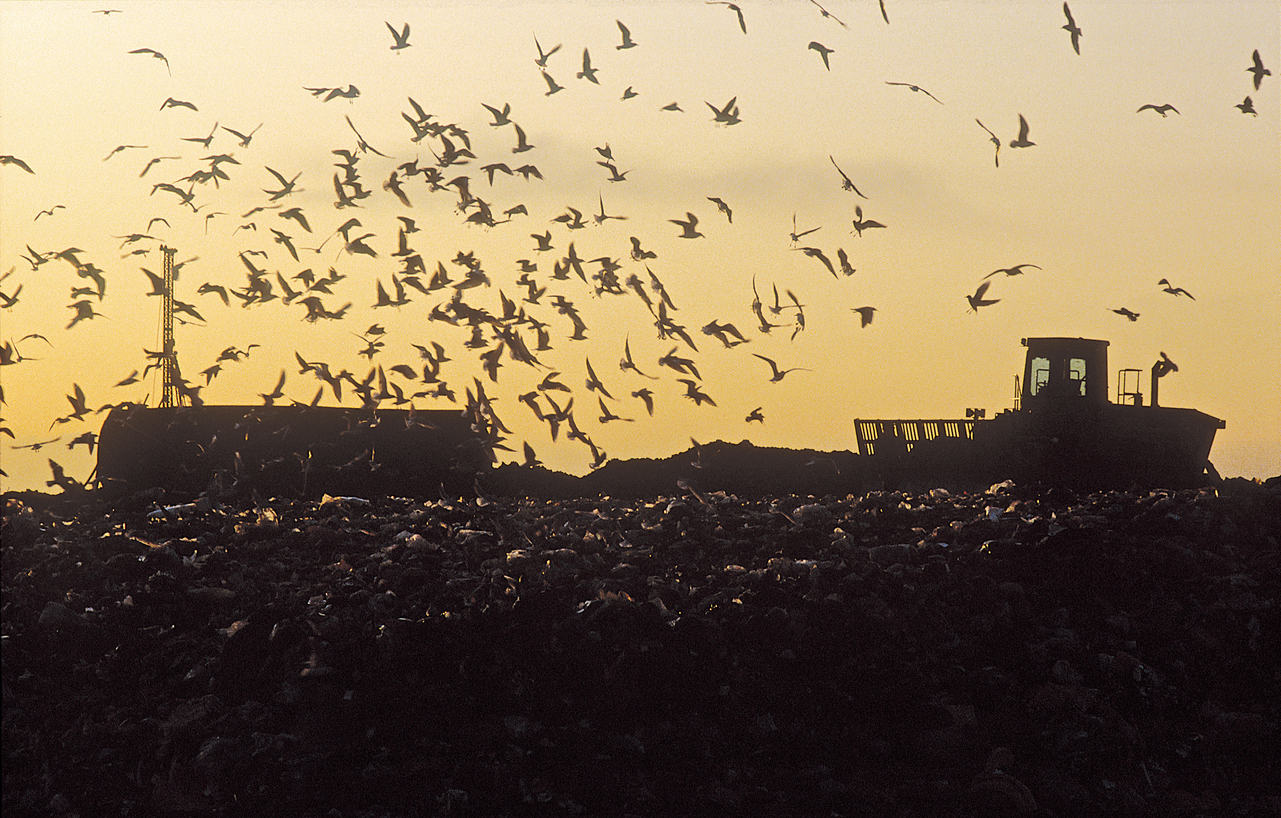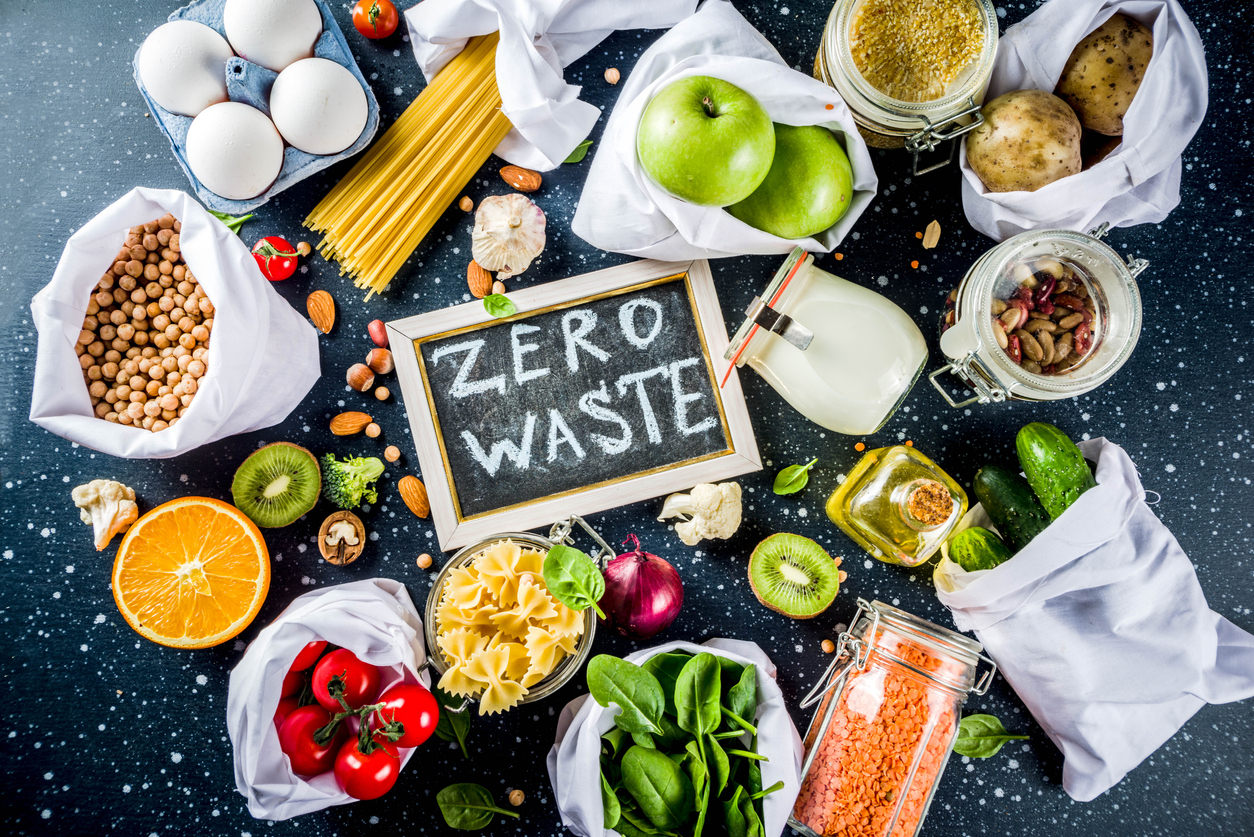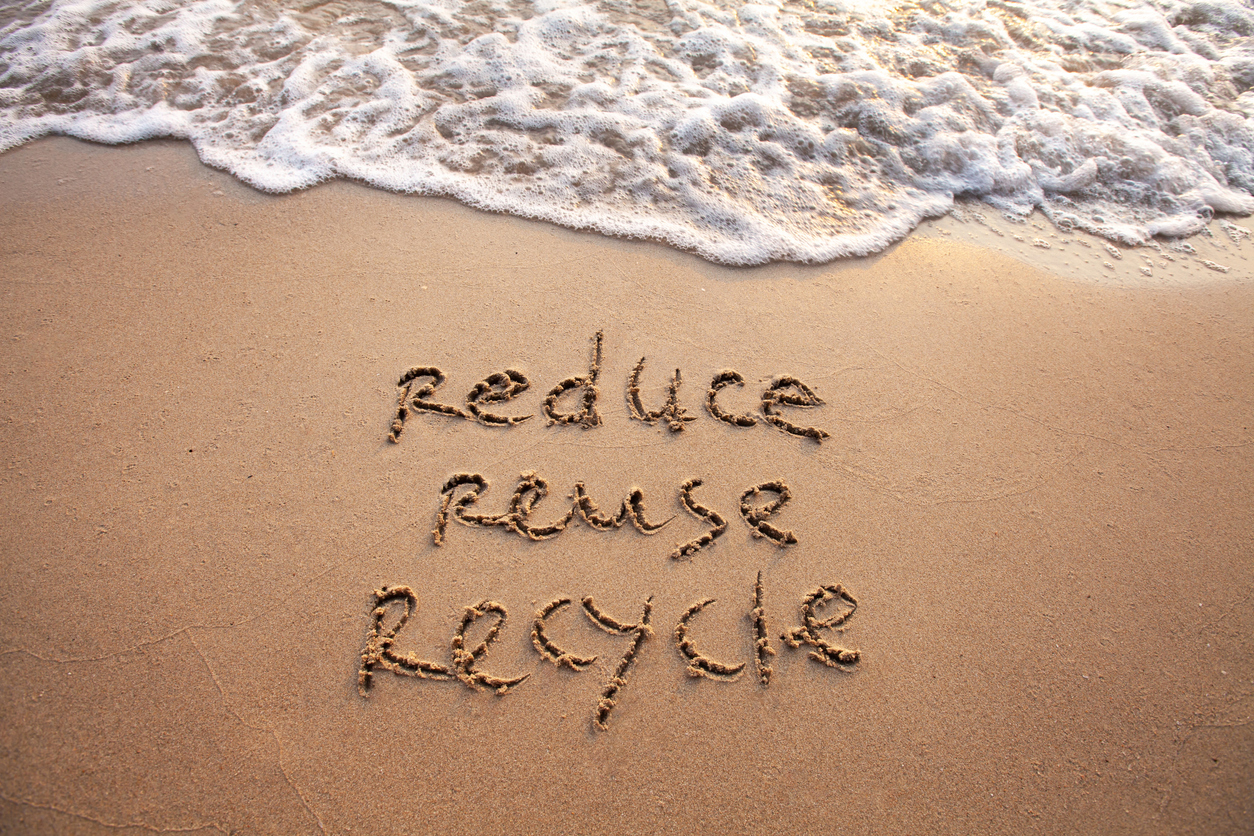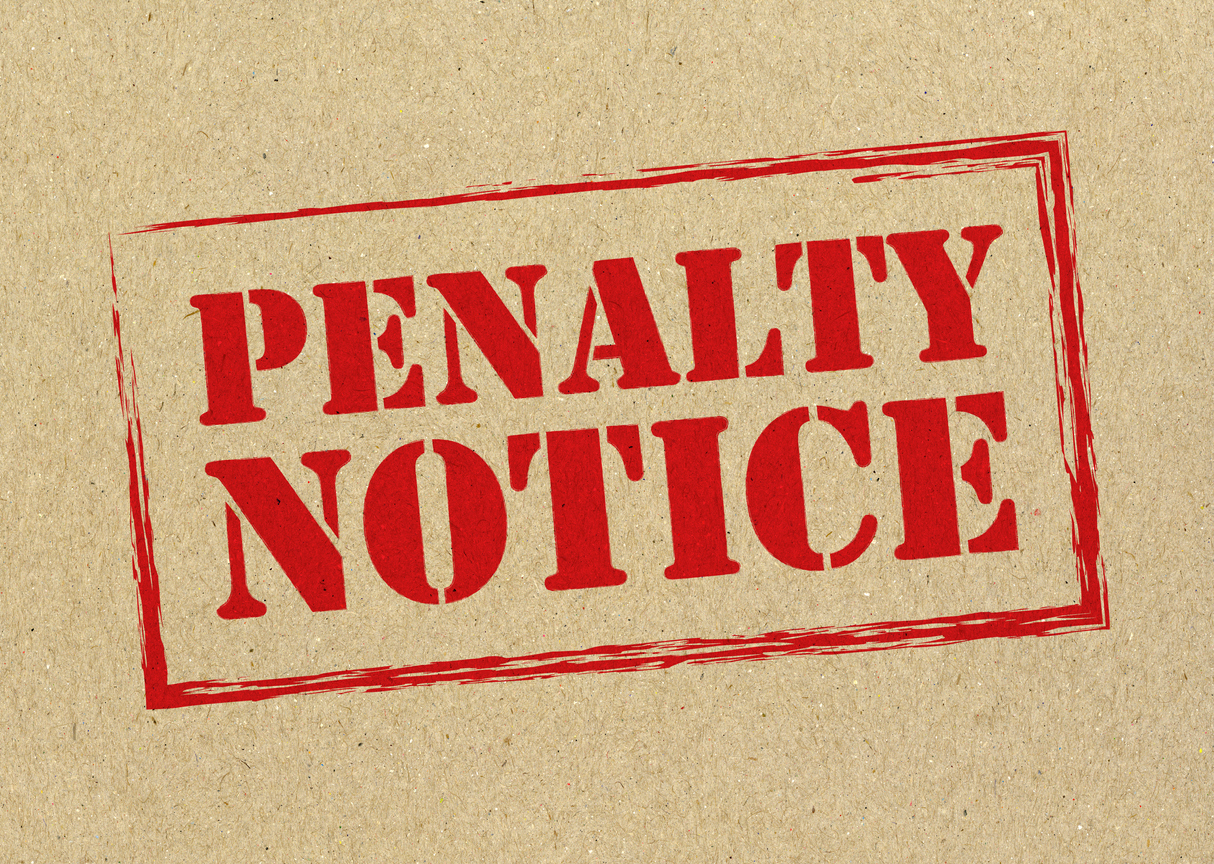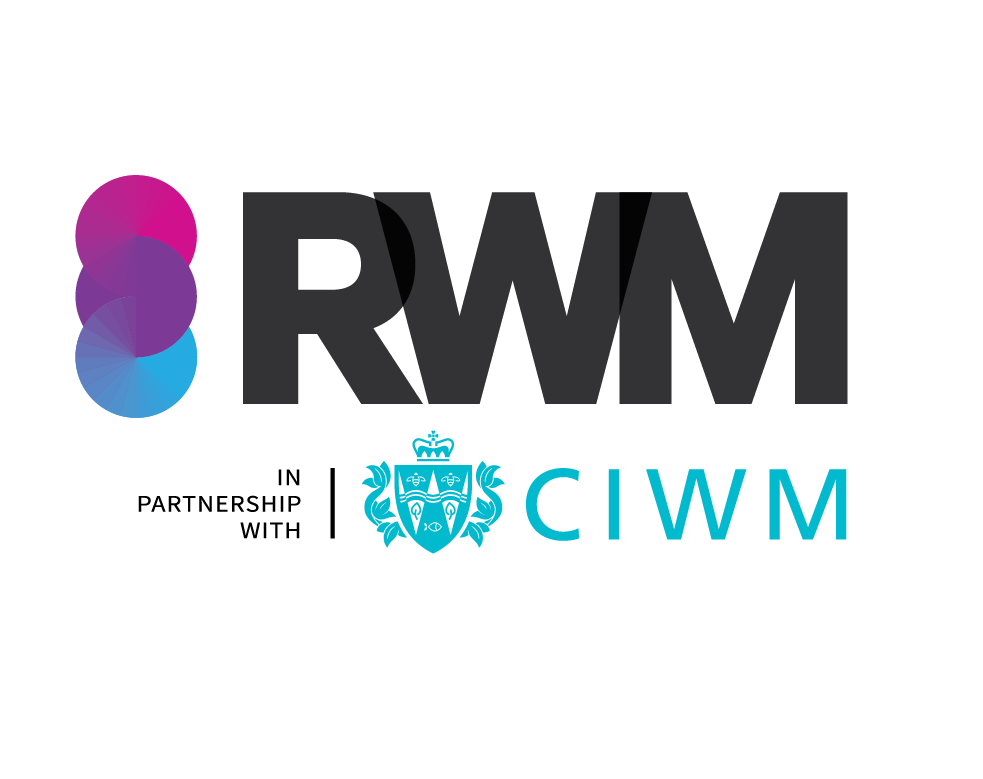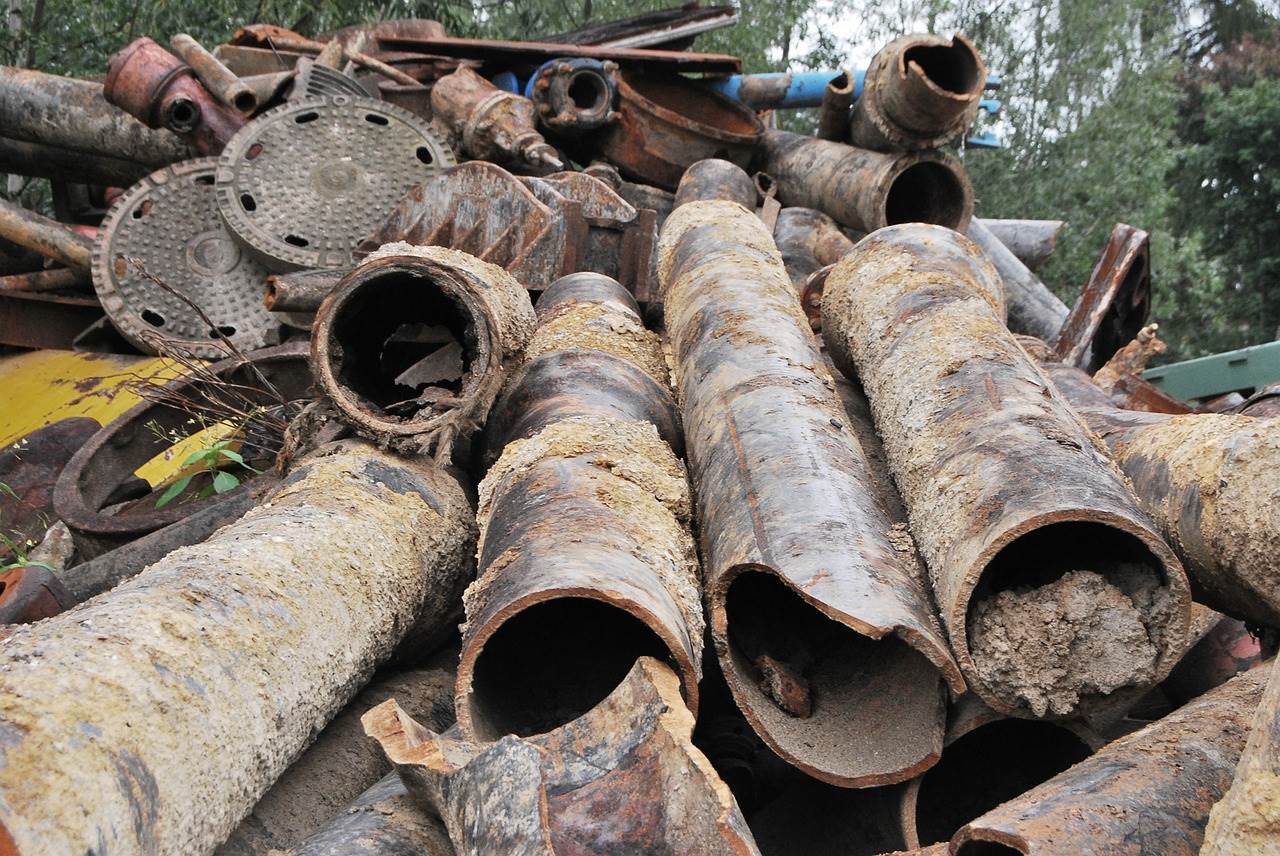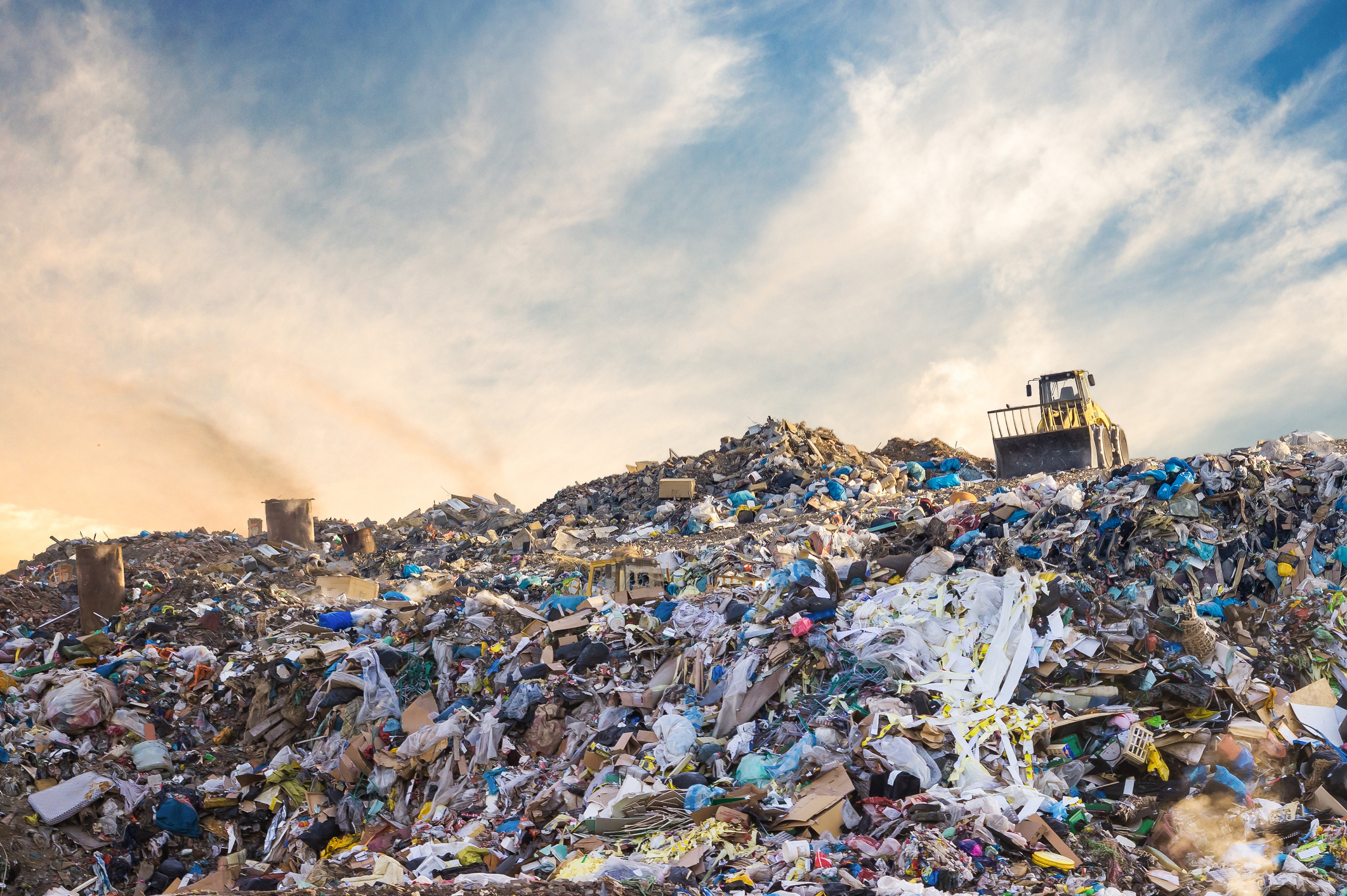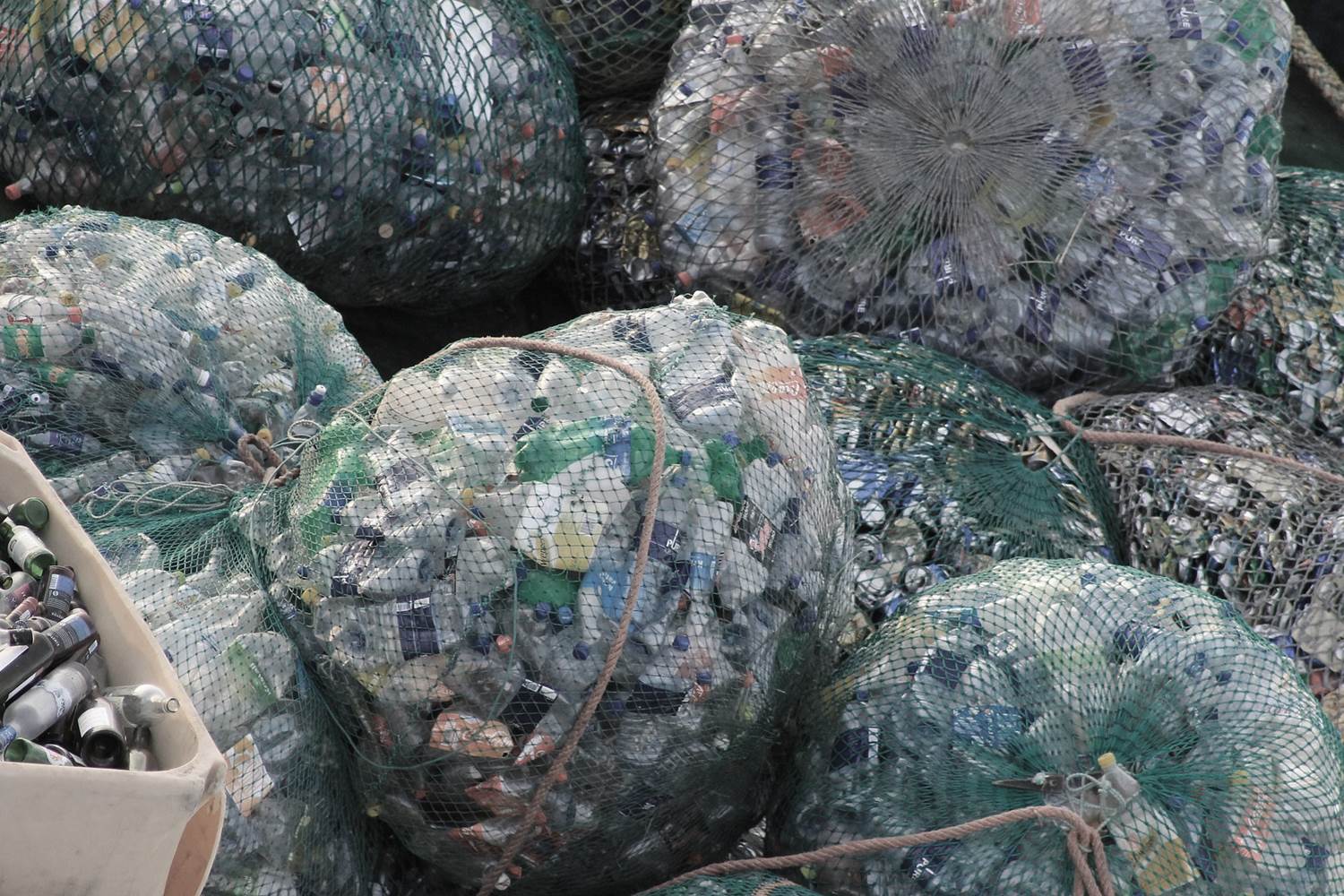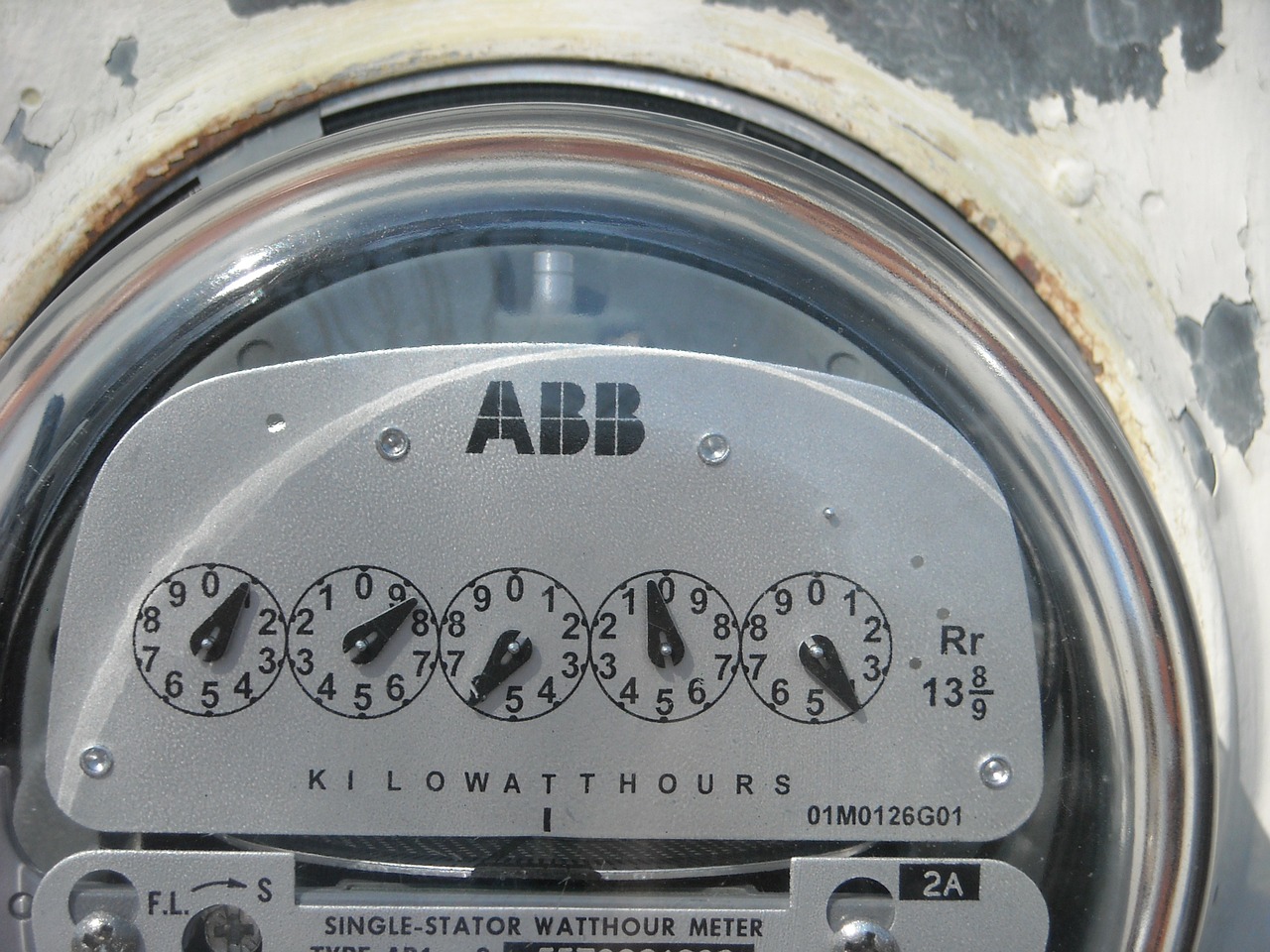
Talking Dirty – An Environmental Blog: Inconsistency Undermines Recycling.
Date: 19/01/2016 | Environmental, Blogs
With the level of packaging materials at an annual high following the festive period, particularly paper and card, this is the perfect time to focus on what I believe is the main issue plaguing recycling of domestic waste materials across the UK: contamination (both of residual waste with recyclables and vice versa).
In 2014, Zero Waste Scotland published a report examining the levels of contamination within the various streams of recyclable materials. The results indicated high levels of contaminates in all streams, suggesting a lack of engagement by householders and a need for further education to improve the position.
Almost two years on and some in the industry would argue that the situation, despite improvement in some Scottish local authority areas, has generally worsened. The question is: why is that the case and what can be done to reverse the trend? I would argue that the answer is primarily down to the current lack of, and the future need for, consistency in the following areas:
Regulation.
The European Waste Framework Directive is clear on its requirement for “separate collections of waste where technically, environmentally and economically practicable and appropriate to meet the necessary quality standards for the relevant recycling sectors”.
The initial legislation implementing the Directive was introduced in England and Wales in 2010. That legislation has already been revised following a judicial review action challenging its lack of compliance with the Directive.
But the existing regulations appear to allow those responsible for the collection of recyclable materials to exploit the wording of the Directive as a ‘get out of separate collection free card’. While a number of Scottish councils do offer an element of separate collection, for example, glass separated from other recyclables, the current preference is for commingled collections – which is arguably directly at odds with the purpose of the Directive and the national regulations.
Published guidance.
There are several official guidance documents published by the governing bodies of the UK regarding recycling practices. In addition, a number of local authorities in Scotland have attempted to improve recycling by launching their own campaigns to educate their residents as to the various different recyclable materials and how they are to be presented for collection.
But the documentation often compounds the significant inconsistencies which exist in the key messages and expectations: in the approach of the different authorities, between the authorities and the companies contracted to collect the materials and, following collection, with the operators of the recycling facilities.
Quality expectations and permissible levels of contamination.
The inconsistencies mentioned previously are a key, but not the only, component in the consistent failure of the materials presented for collection by households to meet the standards expected of those operating MRFs.
I am aware of several disputes which have arisen solely because of the unexpectedly high levels of contamination in local authority-collected and -delivered material, sometimes up to five times the industry norm. Such poor quality material detrimentally affects the speed and efficiency of even the most technologically advanced machinery and results in substantial costs and loss of profit.
The new code of practice imposed on operators in Scotland is bound to give rise to even more disputes as the issue of quality is brought further into focus. Perhaps a wider dissemination of some of the practical issues caused by cross-contamination of waste materials would serve as a catalyst for improved performance across the board.
Targets.
Everyone in the industry is aware of the disparity between the European, UK and Scottish recycling targets, and the fact that they are unlikely to be met without further action or intervention at government level.
There does appear to be some movement in the right direction with the announcement late last year by recycling minister Rory Stewart that he intends to tackle, on a voluntary basis, the need to reduce the number of recycling schemes in England (from a claimed 300 to five or six), rumours of a move by the Scottish Government to clarify its position on commingled recycling collections in favour of separate collections and the recently completed consultation on new targets for those in the packaging industry to ensure an increased proportion of plastic and glass packaging be recovered and recycled in the lead up to 2020.
As 2016 dawns, there is still much to be done if the level of recycling across the UK is to improve by any meaningful margin. In my view, consistency among those operating at all levels in the industry will be the key to success.
If you would like advice on anything contained in this article, contact me on 0131 625 9191 or via email, Twitter or LinkedIn.
This article first appeared in the 16th January 2016 edition of Materials Recycling World.
I’ll be back soon and in the meantime, if any of you have any views, comments or suggestions of specific ‘dirt’ that you would like to see discussed here then please get in touch.
















